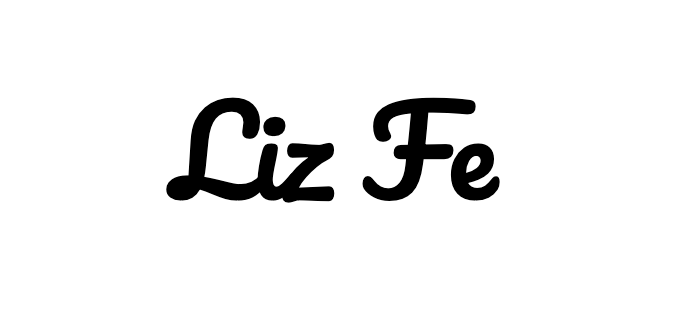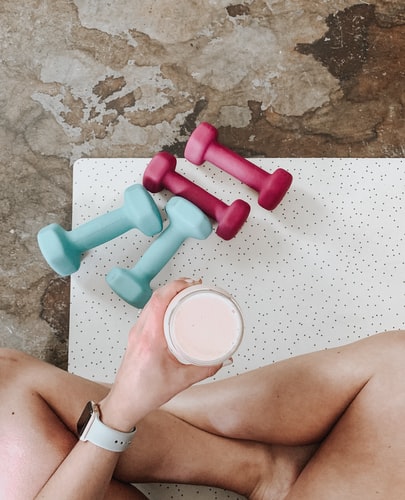
If you have been listening to pop music, chances are that in the past year, you have heard Ariana Grande’s “7 Rings” more than once. So many people have critiqued the song for being shallow and materialistic. Of course, those same people are likely ones that want to keep women out of their power.
While “7 Rings” does express a lot of the pleasure that comes from having money and Ariana Grande’s able to buy all of her favorite things whenever she wants, that is not the point of the song. In fact, it is actually a feminist anthem. Here are some of the reasons why “7 Rings” is an empowering feminist song:
It is a Testament to Female Resilience
Ariana Grande has been through a lot of things that would terrify any one of us. One of the most notable instances of this is when there was a terrorist attack at one of her concerts. And within the last year, one of her close friends died from a drug overdose. She also broke off her long time engagement.
Any one of these things is hard to bounce back from. Yet, somehow, Grande did. And she made this song, which we can all enjoy, despite all of the crazy life-impacting things that have happened to her. One oof the first few lines in the songs is “been through some bad shit, I should be a sad bitch,” but she also says “who woulda thought it’d turn me into a savage.”
Many of her previous songs have been quite serious in the sense that they speak of relationships, heartbreak, love, etc. This song is a moment for her to break free and experiment. It is not that she is bragging, it is that she has earned that money and fame and there is no shame in treating herself for it. In a way, she is spreading the message that if you are a powerful woman capable of treating yourself then you should. And that too shamelessly.
Her Album Topped the Charts
Her album Sweetener (which “7 Rings” is from) topped the charts with three singles, including the equally popular “Thank You, Next”. Each of her songs is extremely feminist and show how it’s okay for women to be independent and that men are not an essential feature for women to have in their lives.
Ariana Grande’s amazing music, which she writes herself (as mentioned in “7 Rings”), reveals how a woman can top the charts, succeed on their own, and buy all the things that they want without support or permission from a man.
The Song Was Inspired By Friends
Ariana Grande came up with the idea of her song after she went to Tiffany’s with six of her girlfriends and bought them all matching rings. (Although, she did buy a couple more for some wonderful women in her life after the single already came out.)
She doesn’t need a man to buy her any ring because she can buy more than seven diamond rings for anyone she wants, whenever she wants. As a 28-year-old woman, Grande is an inspiration. She has more than enough money to support herself and does not need a man. She can go out with friends and is not lacking anything in life for being single.
The patriarchy always wants to cast women as catty and tear them apart so they can control females. So women supporting women and women being friends with each other without the facilitation of a man is such a crucial narrative. Love like many things in life has more than one definition. In Grande’s case it is the love for herself and her girls.
“Grande uses the archetypal wedding ring references in her lyrics to show the power behind female friendship. Using the song to appreciate her friends also exemplifies the meaning of love, as well as the importance behind arguably our most important soulmates: our friends.”
Chelsea Jackson, cultures.com
”7 Rings” Speaks Back to The Sound of Music
Many of us are familiar with the song “Favorite Things” from the movie The Sound of Music. While that movie is certainly a classic that we remember up to this day, times were different then.
Back then, women were firmly cast into gender roles and expected to rely on men as the only way to make it through the world. Ariana Grande turns that time period on its head by singing about progress.
Now, women can be anything they want to be regardless of what men think. There is still more progress to be done. But the amount of shattered glass ceilings from multiple amazing women, including Ariana Grande, reveals that times are changing for the better.
Fighting for Her Identity
Since Grande has entered the limelight and taken center stage in the music and entertainment industry, she has been known for two main things: her music and men. We all know how vulturous and ruthless the media can be, especially with women. Whenever Grande has been seen with a new man or even a male friend, the media has been quick to jump to conclusions. Back in 2015 she was often confronted by such rumors and here’s what she had to say:
“I’m tired of needing to be linked to a guy,” she said. “I’m not Big Sean’s ex, I’m not Niall’s new possible girl. I’m Ariana Grande.”
When it comes to media, especially related to all things Hollywood and entertainment, women are often recognized in relation to famous men. It is as if women have no identity outside of patriarchal relationships. It is always “oh, she is his wife” or “oh, she is his daughter.” But it is never “oh, she is someone.”
“I am tired of living in a world where women are mostly referred to as a man’s past, present, or future property [or] possession. I do not belong to anyone but myself and neither do you.”
Ariana Grande on Instagram in 2015
Just because Grande chooses to write songs about romance and relationships doesn’t mean that the public has the right to speculate and comment on her personal life. These situations clearly exemplify the double standards in our society. When men write about heartbreaks or love they are lauded for being brave or swooned over for being so in touch with their emotions. But when women like Grande do the same, they are labeled as being “attention-seeking” or “whiny” or “bitter.”
Why is the public so concerned about ex-men in Grande’s past life when she herself isn’t? She is making fantastic music and doing well for self, so why not focus on that?
Looking for more empowered women articles?




